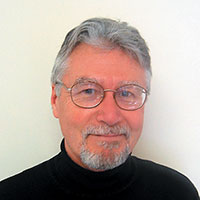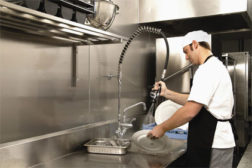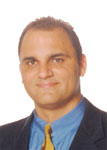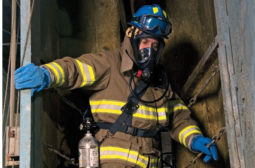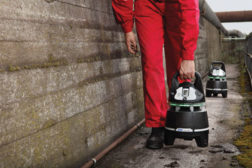Environmental Health and Safety
10 points for working with unions
Safety is an obvious common-ground issue for both “sides”
January 2, 2014
Your sphere of influence
Check out your demeanor everyday – it’s a difference maker
January 2, 2014
Become a Leader in Safety Culture
Build your knowledge with ISHN, covering key safety, health and industrial hygiene news, products, and trends.
JOIN TODAYCopyright ©2025. All Rights Reserved BNP Media.
Design, CMS, Hosting & Web Development :: ePublishing


